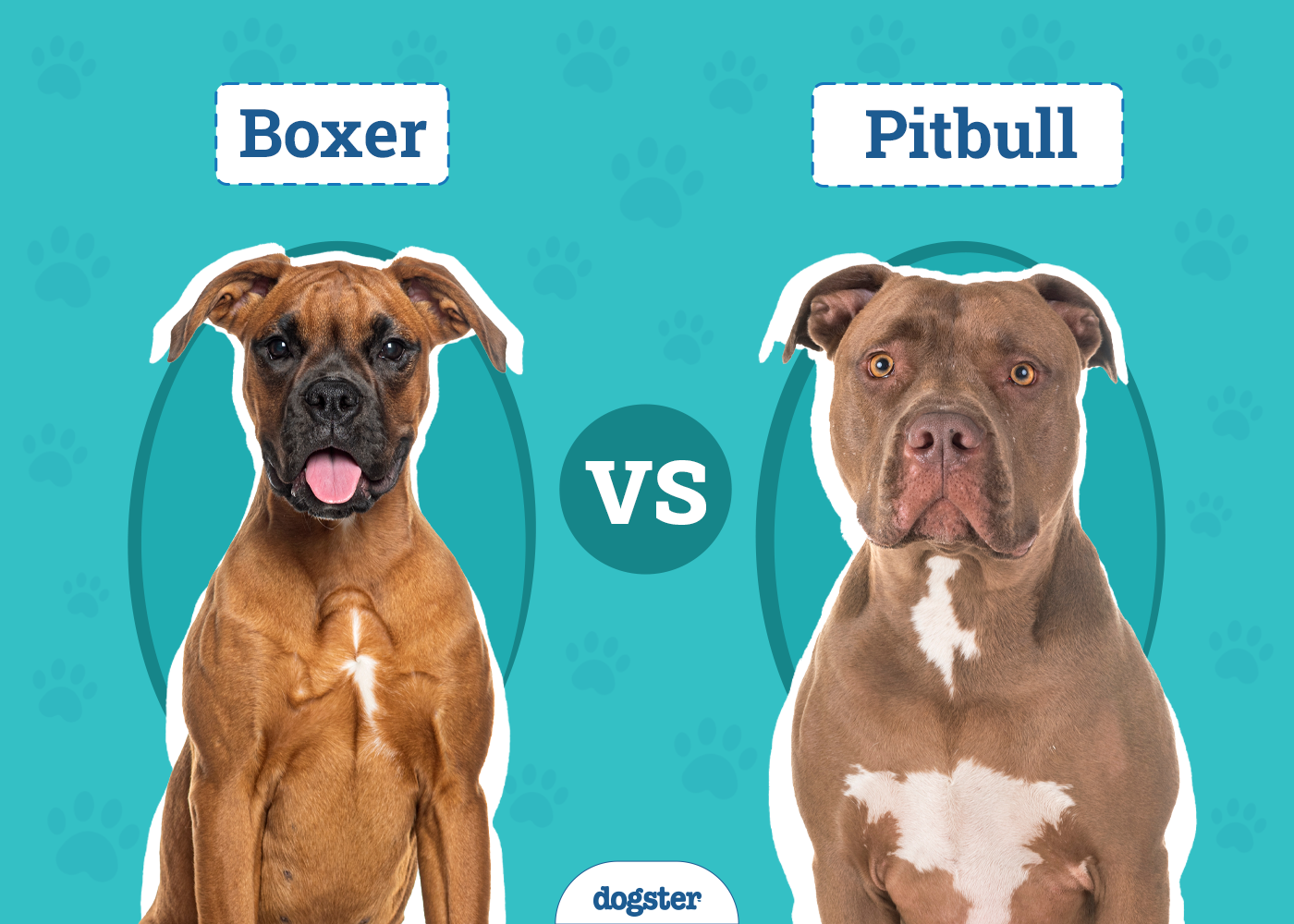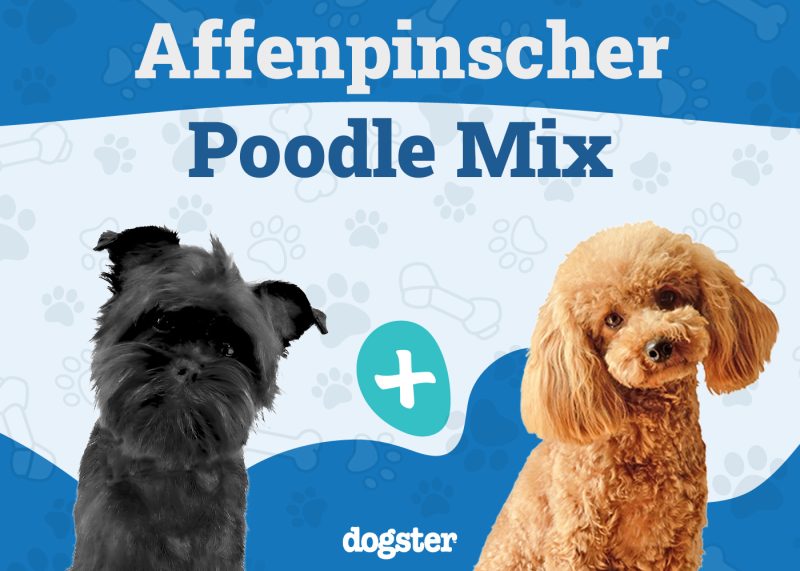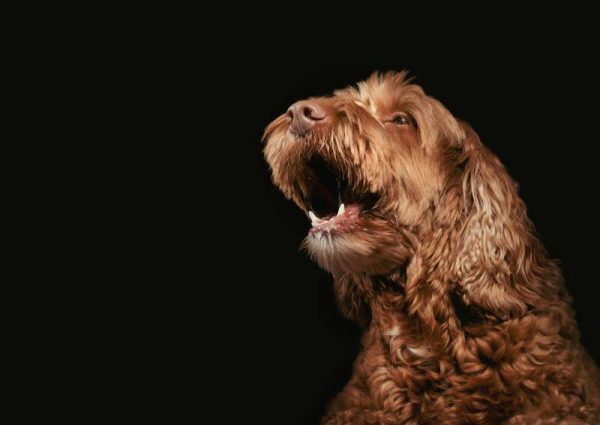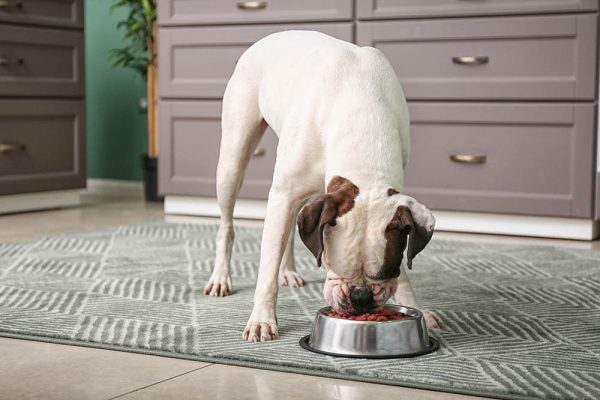In this article
View 3 More +Boxers and Pitbulls might seem like two breeds that do not have much in common (Boxers are seen as silly and fun, while Pitbulls are thought to be aggressive and vicious), but they actually share quite a bit of commonality. Both are sweet and loyal, make excellent pets, and can bring a great deal of fun into your life. But which is the right dog to bring into your home?
If you’ve been waffling between the two, here’s a quick guide to the most important things that you need to know about Boxers and Pitbulls. From how much training and exercise they’ll need to the most common health issues they face, you’ll learn it all here. So, keep reading so you can decide which is right for you!

Visual Differences
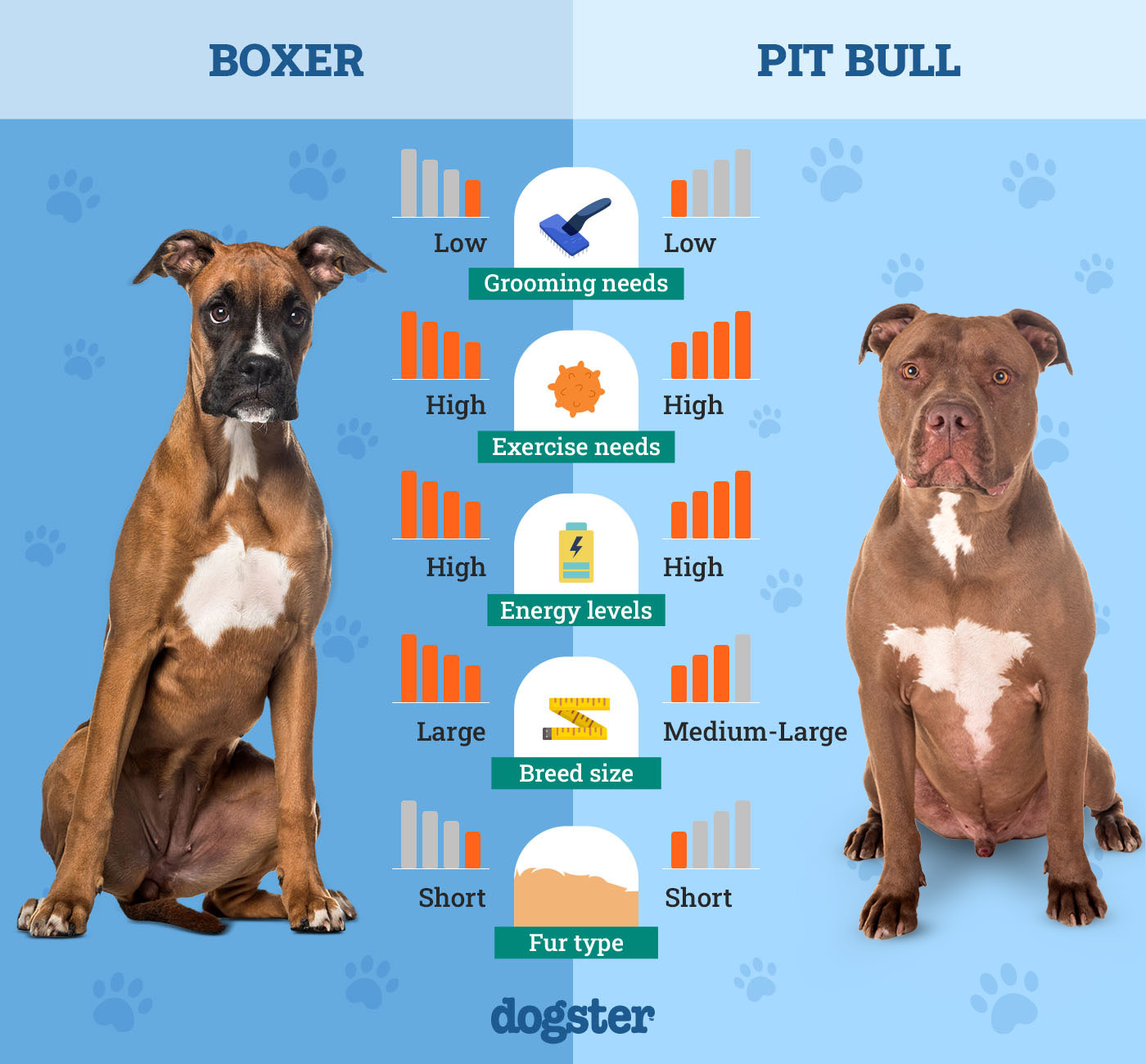
At a Glance
- Average height (adult): 21–25 inches
- Average weight (adult): 55–75 pounds
- Lifespan: 10–12 years
- Exercise: 2+ hours a day
- Grooming needs: Minimal
- Family-friendly: Yes
- Other pet-friendly: Depends on the pet
- Trainability: Intelligent, affectionate, silly
- Average height (adult): 17–21 inches
- Average weight (adult): 30–60 pounds
- Lifespan: 10–15 years
- Exercise: About 1 hour a day
- Grooming needs: Minimal
- Family-friendly: Yes
- Other pet-friendly: Not particularly
- Trainability: Friendly, energetic, loyal

Boxer Overview
The Boxer is thought to be a descendant of the now-extinct Bullenbeisser (“bull biter”) dog and hails from Germany. The Bullenbeisser was a large dog used for hunting bigger animals, such as boar and bulls. However, over the years, the Germans decided they needed a smaller, more agile canine that could also be a family companion. So, they began breeding the Bullenbeisser with other (unknown) breeds, resulting in the Boxer.
But where did the name “Boxer” come from? It comes from how the breed uses its front limbs to defend (like a boxer would!) when playing and fighting. As of now, the Boxer is the 18th most popular pup in the U.S.

Temperament
Boxers can be awfully silly, which is why they often gain the nickname of “family clown.” They’re also extremely energetic, so you can expect lots of zoomies out of these dogs. Boxers are big on jumping too, so you’ll want to train that out of them if you do not want your dog leaping on you all the time.
As affectionate and fun as the Boxer is, though, they can sometimes test your patience. Whether it is their love of slobbering on your face or their tendency to become easily bored, the Boxer requires much attention and patience. You’ll want to keep this dog fully occupied at all times to avoid destructive behavior.
On the plus side, Boxers are wonderful with kids, as they love to play with them. That doesn’t mean you should leave your children alone with them, though. The breed may not be aggressive, but they’re still relatively large and quite rambunctious, so these dogs can easily knock over little ones by accident. The Boxer breed is also quite loyal and protective of their loved ones, making them excellent guard dogs.
Training
When it comes to training, Boxers can be a challenge. They are intelligent, so they can pick up on new things quickly, but this breed is also very stubborn. That leads them to do what they want rather than what you want, so Boxers need a firm hand while being trained. These pups are also so full of energy that it can be difficult to grab their attention during training time.
The best way to train a Boxer is to start early, as puppies will be easier than adults to teach. You’ll also want to use positive reinforcement, such as praise and treats, with Boxers (never use negative reinforcement!). But chances are that training a Boxer will involve a battle of wills, so if you don’t have enough experience to properly do the task, reach out to a local trainer for some aid.

Health & Care
Boxers are generally healthy dogs, but they have a few conditions they’re more prone to getting, which you should be aware of. These include:
- Ear infections
- Aortic stenosis
- BOAS
- Hip dysplasia
Suitable For:
Boxers are great family pets, but they might do better in homes with older children purely because of their boisterous natures, which risk knocking over smaller children. That energetic nature will also need an owner to match; if you’re looking for a quiet pup that likes to spend more time snuggling than playing, the Boxer isn’t for you.
Since these pups require a lot of exercise to burn off that energy, they’ll do best in homes with large yards.

Pitbull Overview
Pitbulls tend to have a bad rep due to their violent past, but this breed is incredibly sweet and makes a wonderful family dog. Bred from Bulldogs and Terriers, Pitbulls started as fighting dogs in 19th century England. Although dog fighting was eventually made illegal in 1835, people moving to America brought their Pitbulls with them and continued the blood sport.
Eventually, dog fighting was outlawed in the U.S., and Pitbulls were then bred to be companions for families rather than vicious fighters.
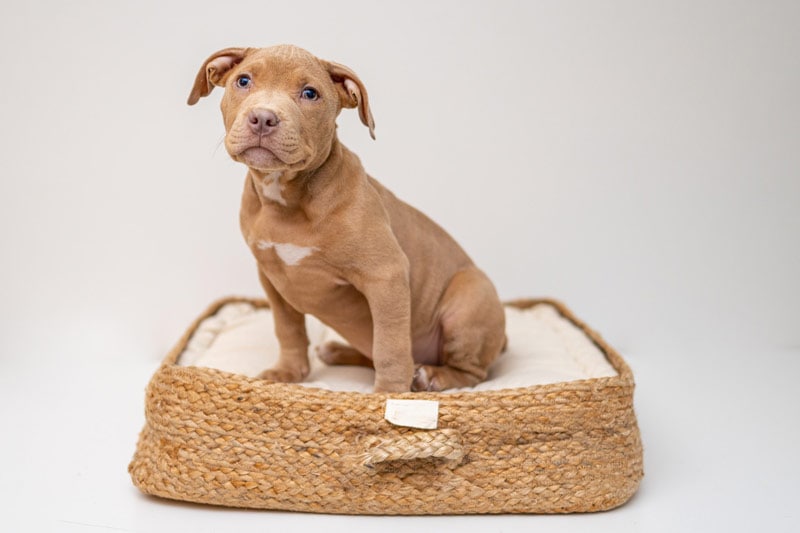
Temperament
The Pitbull breed is sweet and lovable and thrives on affection. They’re also incredibly goofy and love to have fun. That doesn’t mean they won’t have moments of aggression (though nowhere near what their reputation would have you believe) because they are still animals. But as long as a Pitbull is properly trained and socialized, you shouldn’t have issues.
These dogs get along well with children, as they’re quite patient. But like the Boxer, they should never be left unattended with kids, as they are large and accidents can happen. Although these pups are protective and loyal, they don’t necessarily make the best guard dogs because of their friendly natures. Also, if you have other pets in the home (particularly smaller ones), it won’t be a good mix, as Pitbulls have high prey drives and can be wary of new animals.
Training
Pitbulls are easier to train than Boxers, as they love to please their people. Plus, they’re smart, so they pick up quickly on new commands. But they do have a bit of stubbornness you’ll have to deal with (though not as much as a Boxer). Like with Boxers, you’ll want to use positive reinforcement, which means plenty of treats and praise (and these pups can be easily convinced to do anything for affection and treats!). Early socialization is also key when it comes to the Pitbull to ward off any negative behaviors such as aggression.
However, as with the Boxer, if you feel you aren’t up to the job, find a trainer who can help. Training and socialization are not things you want to skip out on when it comes to Pitbulls!
Health & Care
Pitbulls are generally healthy (and a bit healthier than Boxers), but they do, of course, have a handful of issues they’re predisposed to getting. Some of these are:
- Allergies (skin and food)
- Obesity
- Hip dysplasia
- Cataracts
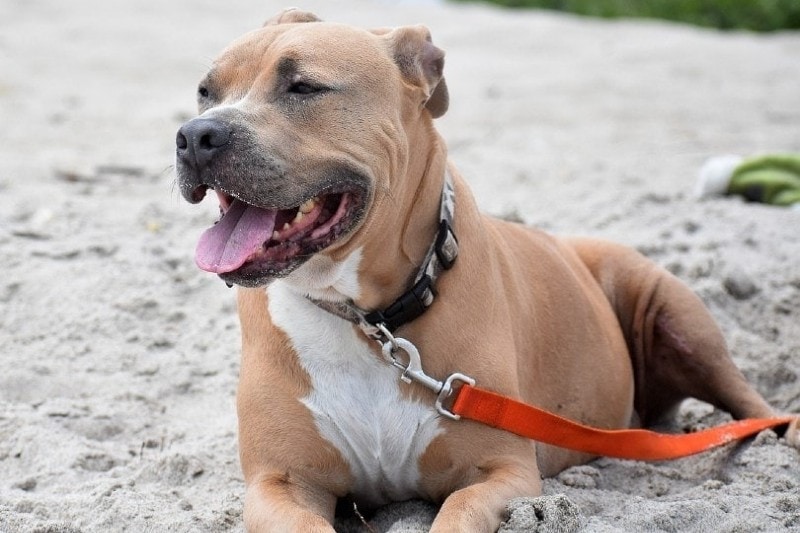
Suitable For:
Like the Boxer, the Pitbull makes a wonderful family dog, though they might do better with older children due to their size. Other than that, these pups can thrive in houses or smaller living areas like apartments as long as they’re properly exercised and given mental stimulation.
However, keep in mind that some apartment complexes, landlords, etc., will have bans on Pitbulls, so you’ll want to ensure you’re allowed to own a Pitbull where you live before getting one.

Which Breed Is Right for You?
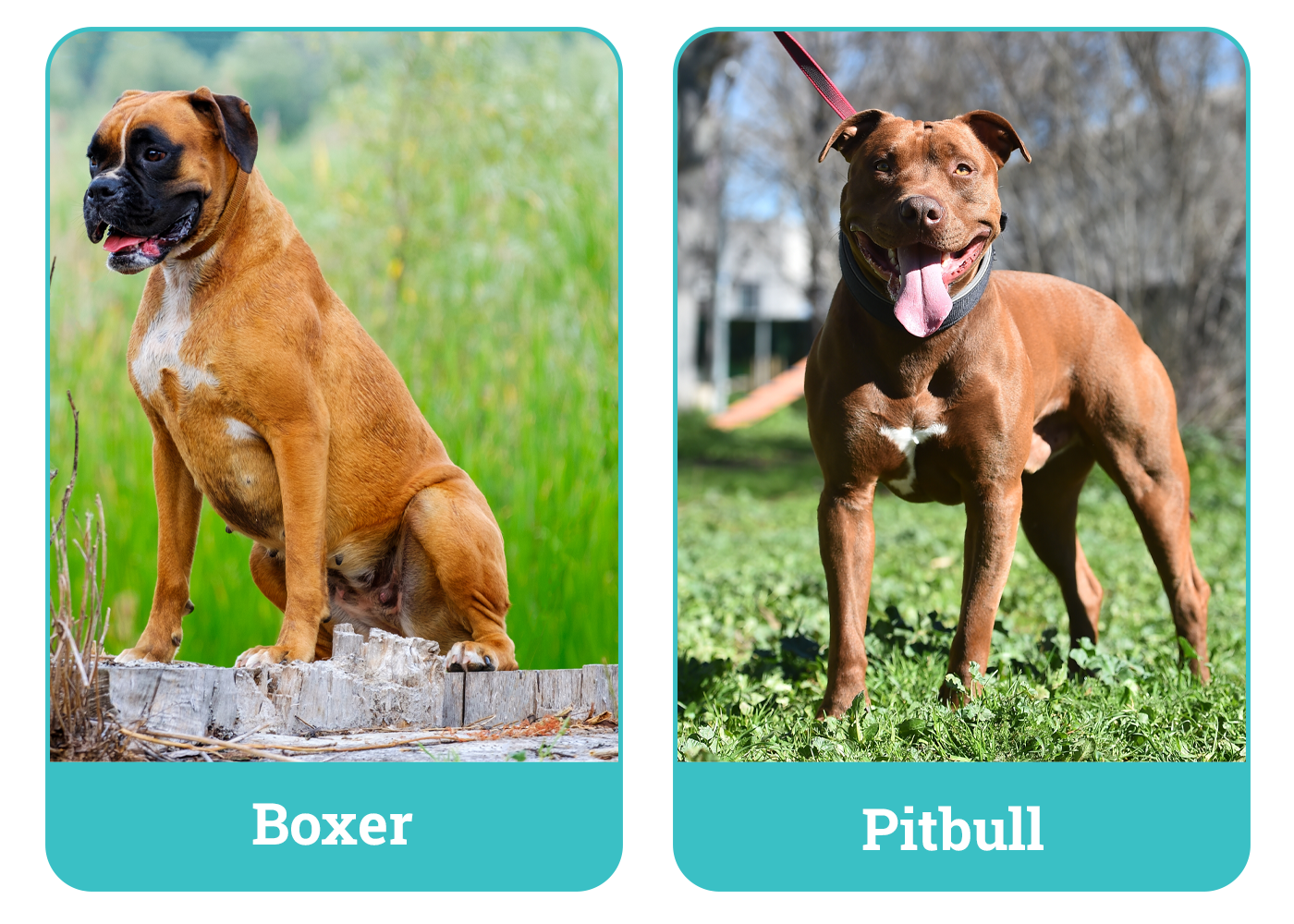
Whether a Boxer or Pitbull is right for you depends on the time you have to devote to training and exercise and the space you have for a dog to live in.
Boxers are highly energetic and need lots of physical and mental stimulation to keep them from becoming bored and resorting to destructive behaviors. Pitbulls require less exercise but still have that penchant for boredom, so they need lots of toys and things to do.
Both breeds offer challenges when it comes to training them (and training is vital for both), but Pitbulls will be a bit easier to handle when it comes to this. While Pitbulls can manage in apartment spaces (though they might not be allowed in all apartment complexes), Boxers will do better in homes with yards they can run around in.
However, both breeds will prove friendly, loyal companions!
See Also:
Featured Image Credit: Dogster/Shutterstock
